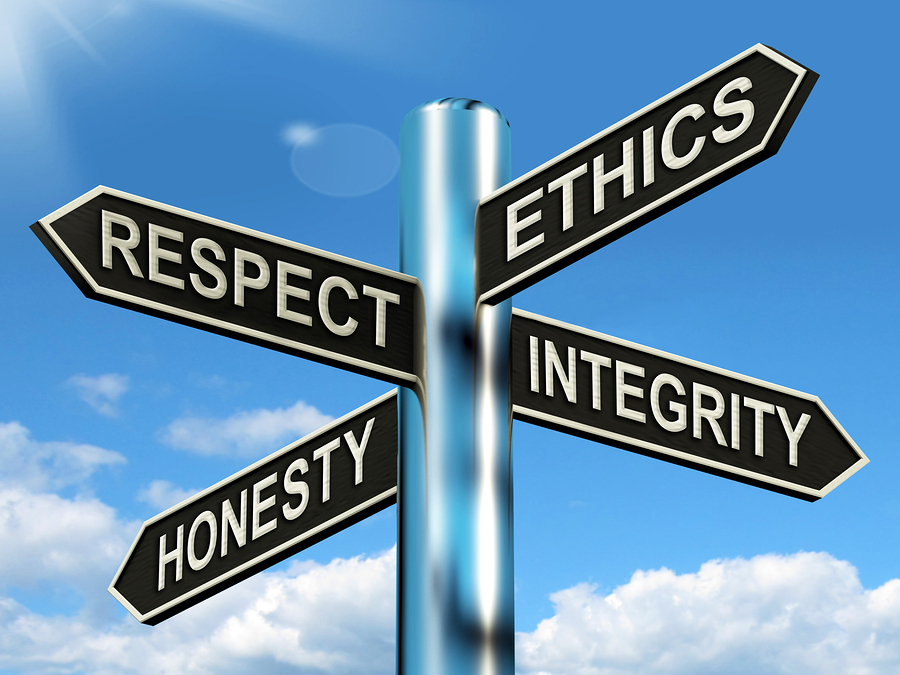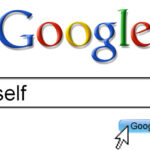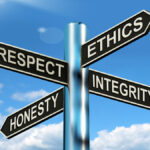The Oxford English dictionary defines ethics as “the moral principles governing or influencing conduct.” In all communities, societies, organizations and cultures there are prescriptions and prohibitions that define morality. Each community has its mandated, prohibited, laudable and reprehensible actions. When we become part of a larger community, the extent of our obligations and prohibitions expands. This is true of companies also. Their acts – and the individuals that are part of them – affect positively or negatively on other businesses, other individuals, and/or other processes. Ethics are of major relevance to every individual, and that extends to business as well. Every decision involves some ethics. Whether negotiating with suppliers or customers, hiring or firing employees, allocating responsibilities, or launching a promotion, the matter of ethics is always present.
Individual ethics and organizational ethics cannot be completely separated, since, after all, those who perform the tasks in organizations are individuals with their own ethics and personal convictions about what should and should not be done at any time. Moreover, in the diverse work environment in which we live nowadays, individuals bring ethical values that may not be consistent with those of the organization or other individuals. People make ethical decisions based on their own personal values and sometimes ignore the ethics of the organization or others. It is important, therefore, that an organization establish a code of ethics that calls for, among other things, high standards of honesty, objectivity, diligence and loyalty to which everyone in the organization should conform regardless of his/her cultural background.
Ethics plays a prominent role in the buying process.
When it’s time to choose between you and your competitors, clients will go with the one that displays the highest ethics in accordance with their own value reference framework. If you appreciate honesty and integrity, you will attract clients that place a high regard on those values as well.
Clients reward ethical companies with loyalty.
Let’s suppose your client sent you a payment in an amount greater than the amount due on the invoice. Do you elect to ignore the error and keep the extra cash for yourself? Or do you call your client and let him/her know about the error? If you do the latter, your client will always remember you for your honesty. You will be rewarded with loyalty, and your reputation will be increased.
Ethical companies attract more employees.
If your company has a bad reputation and is usually in the news for scandals, complaints from employees and customers, or breaking regulations and mandates, that will automatically scare away good, honest and reliable employees. Remember, it’s human nature to look for those that share similar values and standards as our own. Now, imagine the effect that this will have on your bottom line.
Ethical companies are less vulnerable to legal actions.
Businesses today are characterized by transparency. The Internet has opened the doors to what used to be confidential information, and corporate wrongdoing is constantly being uncovered in cyberspace. A lack of ethical conduct can negatively impact the bottom line of an organization, often by necessitating expenditures for litigation and fines, not to mention causing serious damage to the firm’s reputation.
Ethics can benefit the bottom line.
Ethics can benefit the bottom line by ingraining motivation and productivity in employees, thereby leading to a good corporate reputation. A good reputation will also strengthen customer loyalty and help maintain and increase market share.
All organizations have an ethical obligation to each of the five groups that constitute them – owners, shareholders, employees, customers, suppliers and the community – not only in terms of rules and obligations but in terms of values: freedom, equality, solidarity, ongoing respect and dialogue. The organization as a whole, with the guidance of its chief executives and owners, must lead in the generation of three fundamental ethical elements that enable the development of values: the ethics of responsibility, the ethics in everyone’s interest, and the ethics of the organization. That is, an organization must facilitate the development of its business ethics based on these elements: a strong corporate culture (collectively constructed values), the human talent as the main asset of the organization, quality as a fundamental aspiration, the combination of tangibles (material) and intangibles (harmony, cooperation, warmth, avoidance of conflict), and concern for its customers, employees, suppliers and competitors. An organization must assume the social responsibility for its actions, exercise leadership based on values, and govern a moral contract – beyond the legal contract – between it and its members.
To sum up, laying the foundation of your business on the basis of a code of ethics defined by what is important to you, what your core values are and how they will contribute to your client’s success and the increased greatness of the society are key to creating sustained growth. Today organizations, regardless of their size, are required to have a clear and transparent moral code so consumers or customers, employees and the general public can make rational choices. In the more sophisticated markets such codes become deciding factors when choosing where to shop, where to work, where to invest, etc.
Ethics should be consistent, clear and communicated to all levels as part of an organization’s unique organizational culture. Most big corporations understand that a responsible organization is dependent upon a combination of virtuous people and professional integrity.





